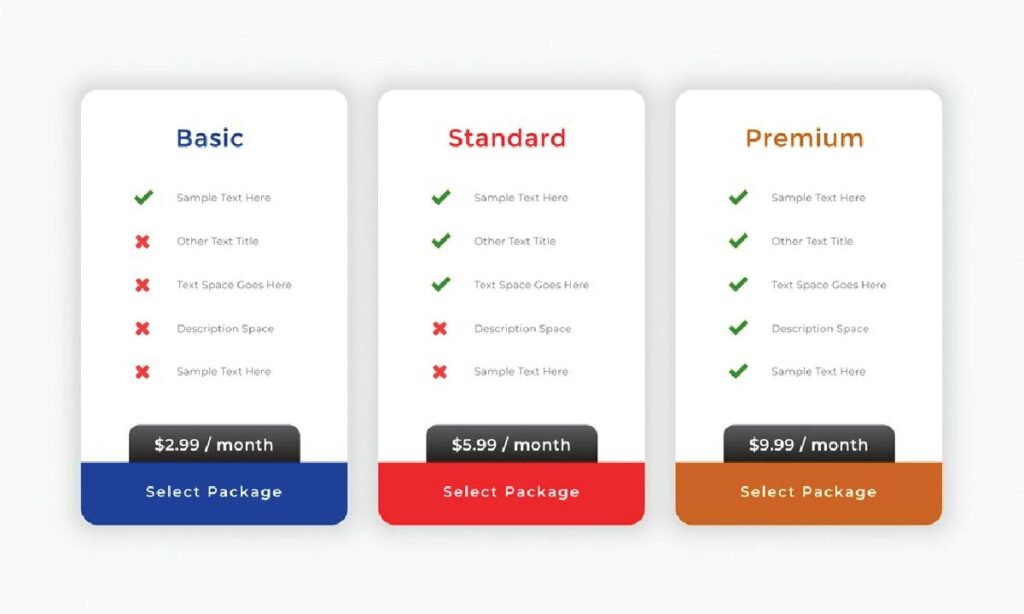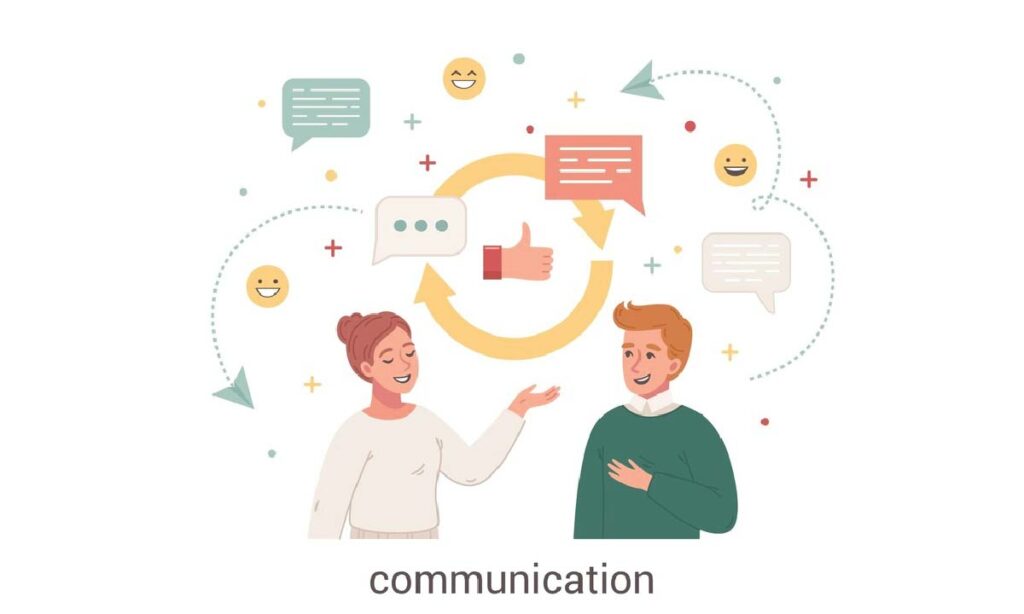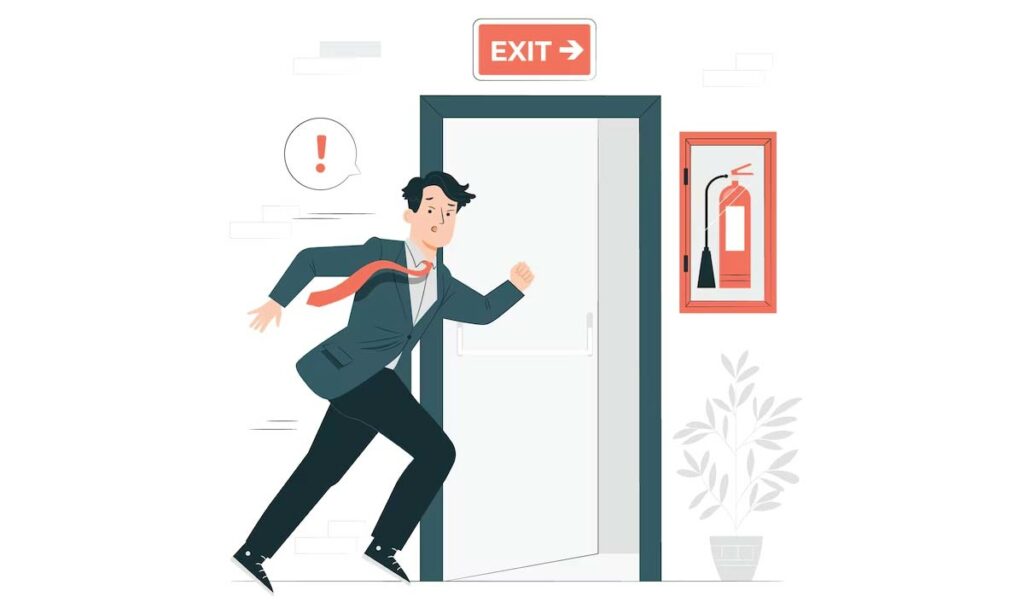
Freelancers often find themselves at a crossroads when it comes to their rates. On one hand, they want to earn what they deserve for their skills and expertise. Conversely, they fear pricing themselves out of potential clients’ budgets. It’s a delicate balance that requires negotiation mastery. In this blog post, we’ll explore some strategies to help you navigate the path to higher freelance rates.

1. Know Your Worth
The first step in mastering negotiation is understanding your value. Before entering any rate discussion, take the time to evaluate your skills, experience, and the quality of work you deliver. Research to determine the average rates in your industry and location. This knowledge will give you a solid foundation for setting a rate that reflects your worth.

2. Showcase Your Expertise
One of the most effective ways to justify higher rates is by showcasing your expertise. Create a compelling portfolio that highlights your best work and achievements. Testimonials and case studies from satisfied clients can also go a long way in demonstrating the quality of your services. When clients see your expertise, they are more likely to be willing to invest in your services at a higher rate.

3. Define Your Unique Selling Proposition
What sets you apart from other freelancers in your niche? Your unique selling proposition (USP) is the key to negotiating higher rates. Whether it’s your specialised skills, industry-specific knowledge, or a unique approach to problem-solving, make sure to communicate your USP during rate discussions. Clients are often willing to pay more for services that stand out.

4. Set a Clear Pricing Structure
Establish a clear and transparent pricing structure that outlines what clients will receive at different price points. This can make it easier for clients to understand the value they’ll get for their investment. With a well-defined pricing structure, negotiations become more about customisation rather than haggling over the base rate.

5. Don't Undervalue Your Work
A common mistake among freelancers is needing to pay more attention to their work to win clients. While it may seem like an excellent strategy to secure a project, it can lead to long-term dissatisfaction and financial stress. Instead of lowering your rates, consider offering additional services or perks that add value to your client’s investment.

6. Prepare for Rate Discussions
Before any negotiation, be prepared. Anticipate potential client objections and have counterarguments ready. Understand your client’s needs and concerns, and be designed to address them. Confidence in your abilities and your rate is key to successful negotiations.

7. Practice Effective Communication
The way you communicate your rates is crucial. Be clear and concise about your pricing. Avoid using vague language that may lead to misunderstandings. Always present your rates with confidence and professionalism. Make it clear that you are open to a discussion and willing to work with the client to find a mutually beneficial solution.

8. Be Willing to Walk Away
Negotiating higher rates may sometimes mean turning down clients unwilling to meet your expectations. It can be challenging to say no to potential work, but it’s essential to stand your ground when necessary. Clients who value your expertise and are willing to pay for it are the ones you want to work with in the long run.

9. Build Long-Term Relationships
It’s about something other than winning the negotiation battle; it’s about building long-term relationships. Provide exceptional service, exceed client expectations, and maintain a strong work ethic. Happy clients are more likely to return, refer others, and accept higher rates as your reputation grows.
In conclusion, mastering the art of negotiation is essential for freelancers navigating their way to higher rates. Knowing your worth, showcasing your expertise, and communicating effectively are key to successful rate discussions. With practice and confidence, you can achieve fair compensation for your skills and ultimately build a successful freelance career.
